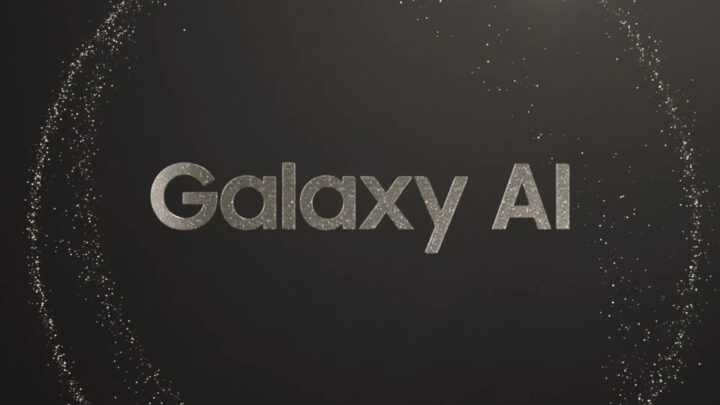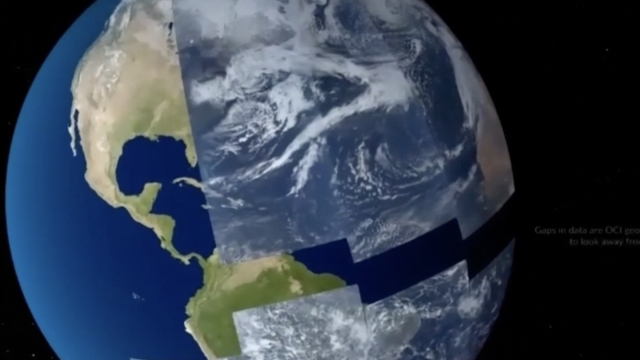India’s Probable T20 World Cup Squad After 4 Weeks Of IPL 2024: Huge Contest For Back-up Opener, 3rd Spinner
The Indian cricket team’s 15-member squad for the upcoming T20 World Cup 2024 is likely to be finalised by the end of April in order to stick with the ICC’s May 1 cut-off date for the provisional roster. According to reports, captain Rohit Sharma, Virat Kohli, Suryakumar Yadav, Hardik Pandya, Jasprit Bumrah, Ravindra Jadeja, Rishabh …










